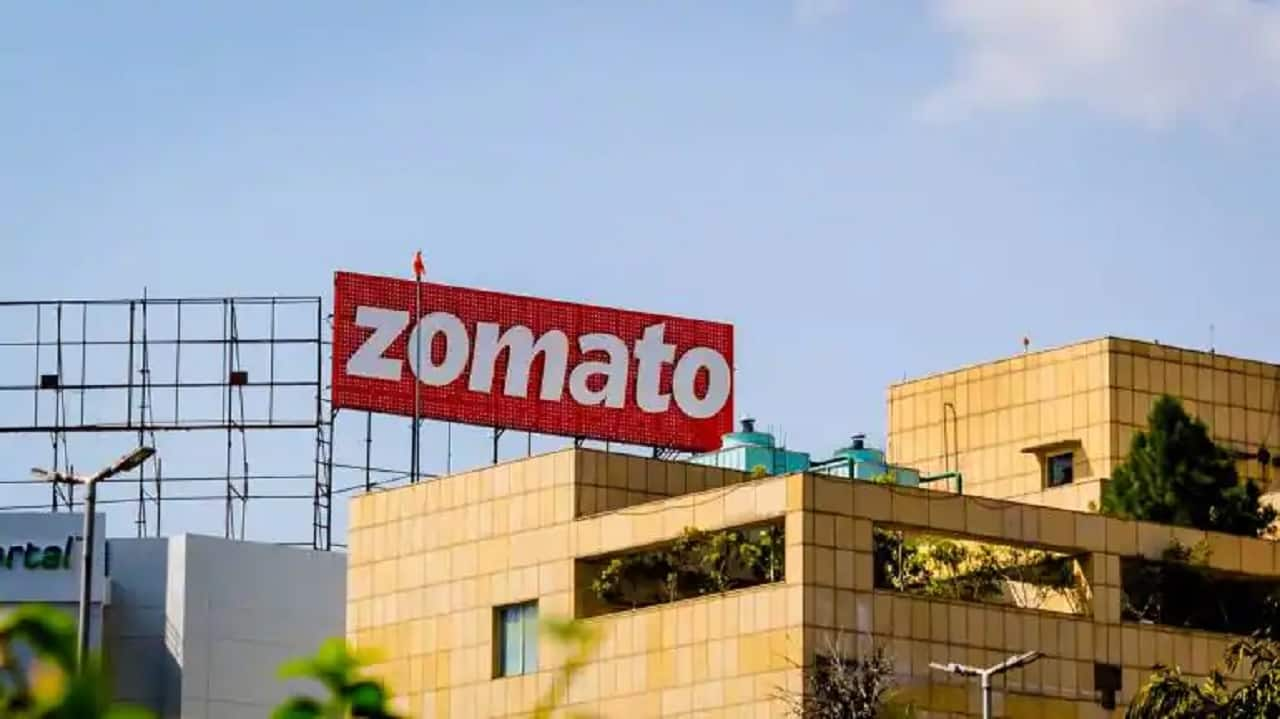 |
|
Zomato, the prominent Indian online food delivery platform, experienced a rollercoaster ride in its stock performance following the release of its Q3 financial results. After a significant 17% drop in share price on January 20th, the stock staged a remarkable recovery, showing a steady gain for two consecutive days. This rebound, while seemingly positive, underscores the complex interplay of factors influencing investor sentiment and the challenges faced by Zomato in balancing aggressive expansion with profitability. The company's ambitious foray into quick commerce through its Blinkit subsidiary has been identified as a key driver behind the fluctuating stock price, highlighting the inherent risks and rewards of rapid growth strategies in a fiercely competitive market.
The Q3 results revealed a 57% decline in Zomato's net profit, a significant drop from the previous year's figures. This decline was primarily attributed to the substantial investment made in scaling up Blinkit's operations, which involved a rapid expansion of its dark store network. While this aggressive expansion strategy reflects Zomato's commitment to capturing a significant share of the burgeoning quick commerce market, it also exposed the company to increased margin pressures and short-term financial strain. The increased operational expenses associated with opening new delivery centers and maintaining inventory levels directly impacted the company's bottom line, demonstrating the challenging trade-off between growth and profitability.
Despite the disappointing Q3 performance, several prominent brokerages maintain a positive outlook on Zomato's long-term growth prospects. Nomura, for instance, acknowledges the rising competition within the quick commerce sector but remains confident in Blinkit's ability to secure a leading market position, emphasizing its strong execution capabilities and healthy balance sheet as key competitive advantages. Jefferies, while reducing its price target for Zomato shares, maintains a 'hold' rating, suggesting that it views the company's aggressive expansion strategy as a positive indicator that could potentially force competitors to follow suit, ultimately benefiting Zomato in the long run. Bernstein, however, remains even more bullish, maintaining an 'outperform' rating and attributing the recent stock correction to temporary concerns about increased competition. Their positive assessment reflects their belief in the sustainability and success of Zomato’s expansion plan.
Nuvama Institutional Equities further reinforces the positive sentiment by highlighting Blinkit's faster-than-expected growth trajectory, driven by its expanding network of dark stores. This view indicates that the market is acknowledging the potential for significant long-term returns despite the immediate challenges presented by the Q3 results. The varying opinions from different brokerages reflect the inherent uncertainty and risk associated with investing in a rapidly evolving sector like quick commerce. Zomato's aggressive expansion strategy, while potentially disruptive and high-reward, carries significant financial risks, and investors must carefully weigh these factors when assessing the company's future prospects. The volatile nature of the stock price following the Q3 results underscores the importance of a long-term perspective and a thorough understanding of the challenges and opportunities within the quick commerce market.
In conclusion, Zomato's recent stock performance reflects a dynamic interplay between aggressive expansion strategies, short-term financial pressures, and the ongoing competition within the quick commerce sector. The company's bold move to expand Blinkit's operations, although impacting short-term profitability, is viewed positively by many analysts as a strategic move to gain significant market share. The positive outlook from several brokerage houses suggests confidence in Zomato's long-term growth potential, however, investors should remain mindful of the inherent risks associated with rapid expansion and the competitive landscape of the quick commerce market. The fluctuating stock price serves as a reminder of the complexities and uncertainties inherent in high-growth technology companies, particularly in the dynamic and ever-changing world of online food delivery and quick commerce.
Source: Zomato shares gain for second day after falling over 17% post-Q3 results
